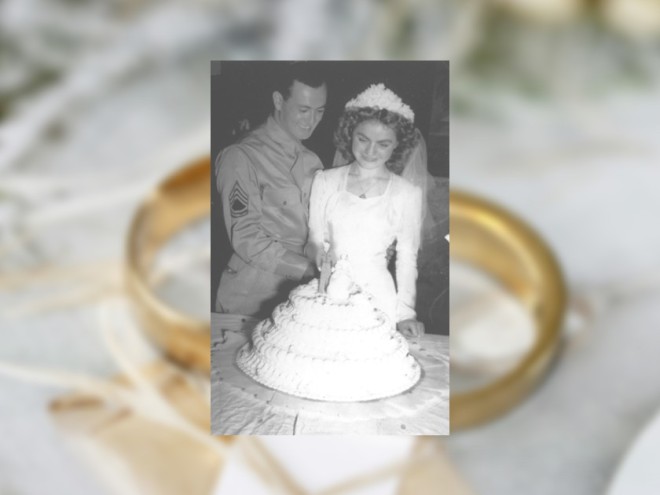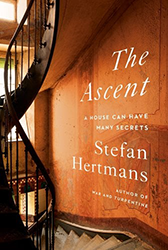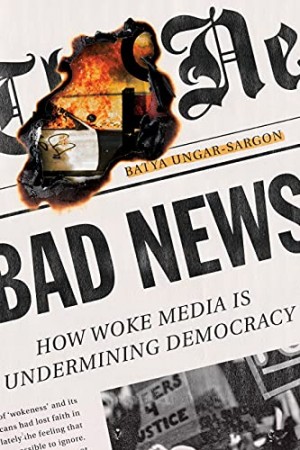Author Robin Judd first became intrigued by the stories of Jewish war brides who married military men because her grandmother, Arlene, was one of them. After surviving the war by hiding in the Tatra Mountains of Slovakia, Arlene learned that the Nazis had killed ninety percent of her town’s Jewish population, including most of her family. Arlene married a US soldier, a Jewish refugee from her own town. But Judd, a professor of history at Ohio State University, soon found that her grandmother did not want to talk about her wartime experience.
Fortunately, Judd, who writes that “memory is a historical source,” found other couples who were willing to tell their stories. She pieced together this little-known but fascinating aspect of World War II history by interviewing Holocaust survivors; American, British, and Canadian World War II veterans; and the military commanders and chaplains who determined all of their fates. She also conducted extensive archival research in libraries and universities throughout the United States, Europe, and Canada.
Although war brides figure prominently in many historical accounts, novels, and movies about World War II, the unique stories of Holocaust survivors who married their liberators has never been told in depth — until now.
Judd follows the trajectories of several couples of different nationalities and circumstances and examines five different stages of their lives together: liberation, encounter, courtship and marriage, immigration, and acculturation.
One of the most poignant stories is that of Norman Turgel and Gena Goldfinger. Krakow native Gena was imprisoned by the Nazis for six years — first in the Warsaw Ghetto and then in Bergen-Belsen, where she survived by working in the infirmary. Norman, a British officer, was part of the force that liberated the camp in the spring of 1945. They met during liberation — Gena had to be sprayed with disinfectant before leaving the camp on their first date. They married in the Lübeck synagogue, which the Nazis had used as a horse stable. Gena’s wedding dress was made of a silk parachute.
Why did it take more than half a century for these dramatic stories to be told? Many survivors, like Judd’s grandmother, were reluctant to revisit such terrifying times. Judd explains that many Jews “remembered liberation as the moment when they began to acknowledge the enormity of their losses” — the moment, in other words, when they learned that their villages had been destroyed and their families murdered. These tragic revelations coincided with illness, starvation, and trauma.
The liberators were likewise distressed by the atrocities they discovered as they entered the camps. One soldier wrote, “I was prepared to see the nude, emaciated dead bodies … it was only the living dead that I wasn’t prepared for.” The Holocaust thus haunted every aspect of their courtship with their beloveds.
Yiddish played a central role in their union: it was often the only language that they shared. Although many of the Jewish servicemen had only a rudimentary knowledge of the language, it helped them communicate with the Polish, Czech, German, and Austrian Jewish women with whom they fell in love.
Jewish war brides who survived the camps had a very different experience than the war brides from Britain, France, or even Germany (estimated at 200,000 in the years following WWII). Their experiences were also distinct from other camp survivors who, not being dependents of the Allied soldiers, lacked benefits like material goods, housing, and immigration status — all of which had become newly available to the Jewish war brides. The latter’s access to these benefits sometimes caused envy among other survivors in DP camps.
The couples had to struggle to stay together, and their futures were often at the whim of military or immigration authorities. They faced many obstacles authenticating their identities in the wake of genocide. Not only had their documents been destroyed, but also everyone who knew them was gone. They often had to wait many months or even years in DP centers or “cigarette camps” (so-called because the economy was based on the servicemen’s bartering for food and other necessities with black-market cigarettes) while awaiting ships.
After the war brides overcame many immigration hurdles, their arrival in the US was not always easy. Many families and communities did not welcome them, and they told Judd they felt “most alone when they experienced life-cycle events surrounded by their spouses’ families.”
This vibrant history won two National Jewish Book Awards: the Women’s Studies Award and the Writing Based on Archival Material Award.
Elaine Elinson is coauthor of the award-winning Wherever There’s a Fight: How Runaway Slaves, Suffragists, Immigrants, Strikers, and Poets Shaped Civil Liberties in California.




